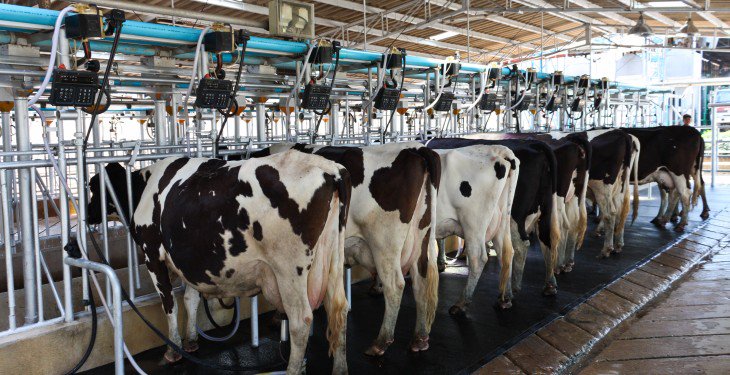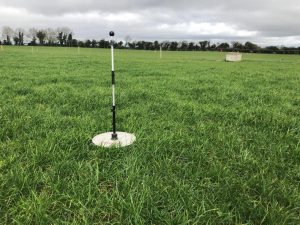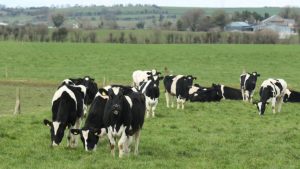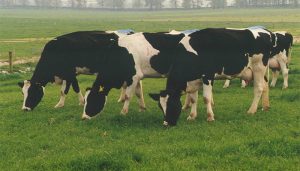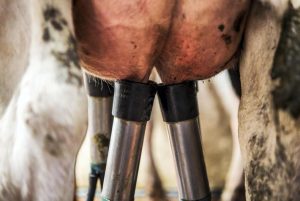
Tom Phelan, the association’s national dairy chairman, said that that lower production – as well as the almost total selling out of skimmed milk powder (SMP) intervention stocks, has led to “generally firmer global dairy markets”.
Phelan added that the market performance was further reinforced by the 6.7% increase in the most recent Global Dairy Trade (GDT) auction – the fifth consecutive occasion that the price index had risen.
EU milk output has fallen slightly in both November and December, and global milk output has slowed dramatically.
“After a difficult year which squeezed dairy farmers’ margins spectacularly, and with expected continued increases in fertiliser and feed costs into 2019, it is essential that co-ops sustain the highest possible milk price that markets allow,” said Phelan.
He added: “For the short term, we believe this must mean at the very minimum holding their February price, with scope for more positive moves in the months ahead, should current trends continue.”
GDP
The most recent GDT auction was held last week (Wednesday, February 6), with the price index rising by 6.7%, following a difficult second half to 2018.
The key results from the auction were as follows:
AMF index up 5.8%, average price US$5,579/MT;
Butter index up 4.2%, average price US$4,445/MT;
BMP index down 3.1%, average price US$3,158/MT;
Ched index up 1.4%, average price US$3,565/MT;
LAC index up 1.3%, average price US$1,035/MT;
RenCas index up 10.9%, average price US$5,596/MT;
SMP index up 3.9%, average price US$2,534/MT;
SWP index not available, average price not available;
WMP index up 8.4%, average price US$3,027/MT.
